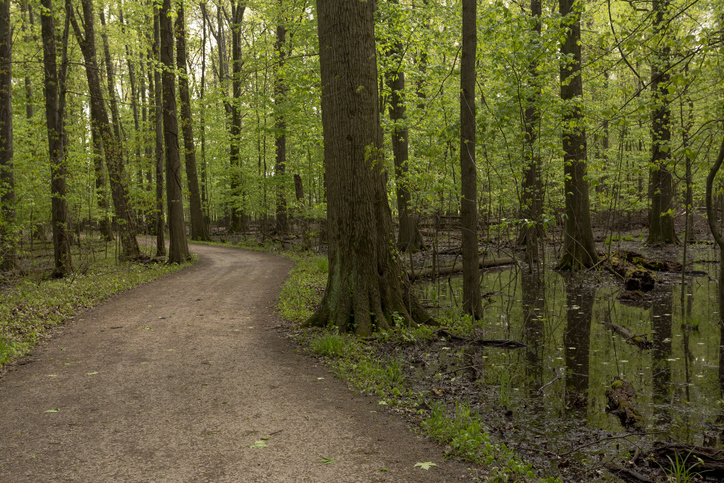There’s Nothing to Fear When It Comes to Composting Food Scrap
July 18, 2019
This piece is in response to Francis L. Jacques’ July 11 op-ed in ecoRI News. Although his intentions are good, I have a different perspective based on 42 years of experience in the compost business. There is no need to be fearful regarding Rhode Island’s Refuse Disposal Food Waste Regulation Section 23-19.9-17. It’s a step in the right direction to encourage more food-scrap recycling.
The mandate doesn’t create a public-health problem as Frank implies. The Rhode Island Department of Environmental Management already has good regulations in place regarding all types of composting operations to use best management practices. Therefore, environmental problems aren’t inevitable by encouraging the composting of food scraps. There is no need to recreate the wheel.
Actually, it’s when our society doesn’t separate food scraps and instead sends them to the Central Landfill in Johnston that we create a situation that is environmentally harmful. What is lacking is technical support and funding needed to enforce the state’s Refuse Disposal Food Waste Regulation Section 23-19.9-17.
Our society has hardly scratched the surface on the amount of food scrap that we could be recycling instead of wasting. Frank is correct in stating that composting is nature’s way to sequester carbon and prevent methane production. The proper composting of more food scrap will be helpful to address our climate-change problem.
There is much work needed to be done to accomplish the goal to build better soil health for future generations. Fear is counterproductive. We need to encourage the growth of the compost industry, not weigh it down with more hoops to get through.
Michael P. Merner is the founder of Earth Care Farm in Charlestown, R.I.
Categories
Join the Discussion
View CommentsYour support keeps our reporters on the environmental beat.
Reader support is at the core of our nonprofit news model. Together, we can keep the environment in the headlines.
We use cookies to improve your experience and deliver personalized content. View Cookie Settings



